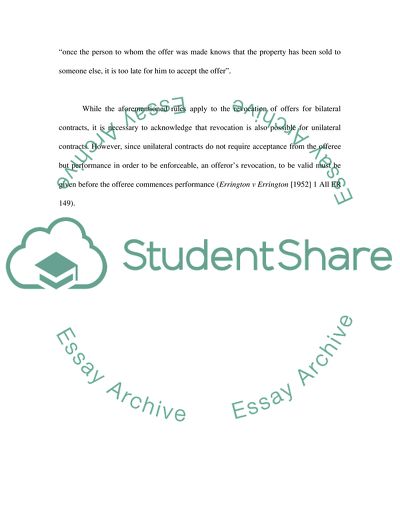Cite this document
(Legal Application and Action Assignment Example | Topics and Well Written Essays - 1500 words - 1, n.d.)
Legal Application and Action Assignment Example | Topics and Well Written Essays - 1500 words - 1. https://studentshare.org/law/1705477-legal-application
Legal Application and Action Assignment Example | Topics and Well Written Essays - 1500 words - 1. https://studentshare.org/law/1705477-legal-application
(Legal Application and Action Assignment Example | Topics and Well Written Essays - 1500 Words - 1)
Legal Application and Action Assignment Example | Topics and Well Written Essays - 1500 Words - 1. https://studentshare.org/law/1705477-legal-application.
Legal Application and Action Assignment Example | Topics and Well Written Essays - 1500 Words - 1. https://studentshare.org/law/1705477-legal-application.
“Legal Application and Action Assignment Example | Topics and Well Written Essays - 1500 Words - 1”. https://studentshare.org/law/1705477-legal-application.


